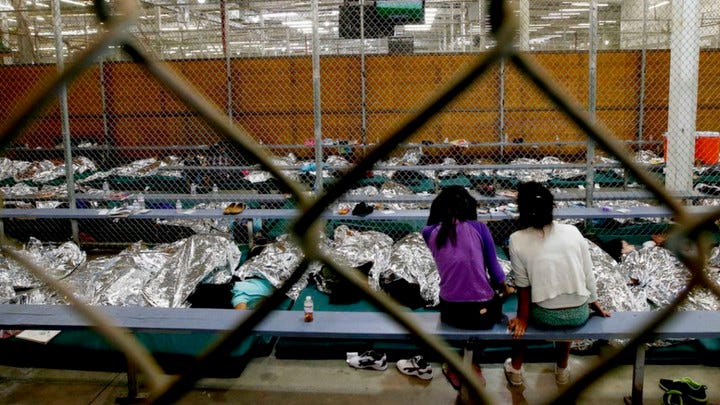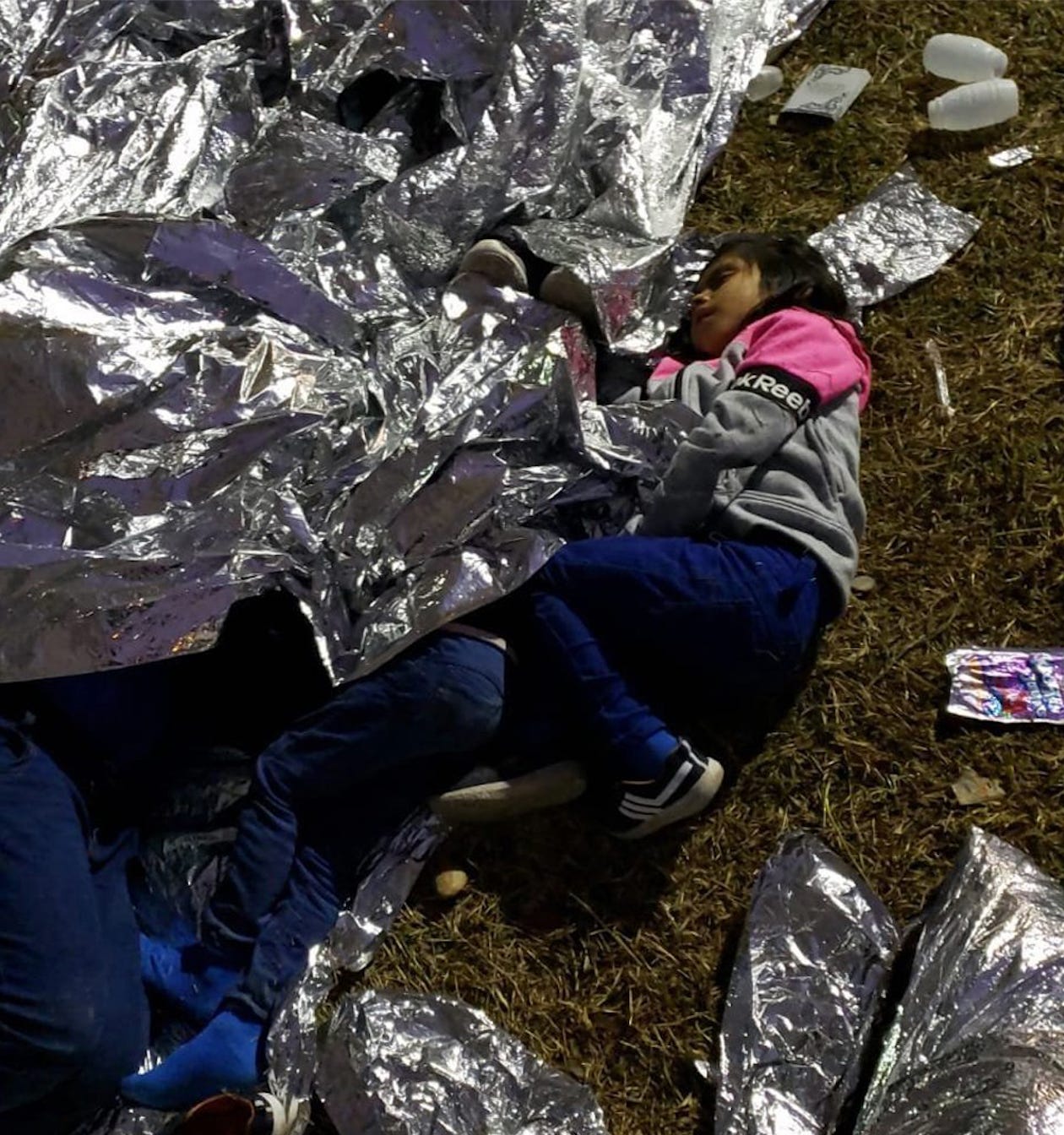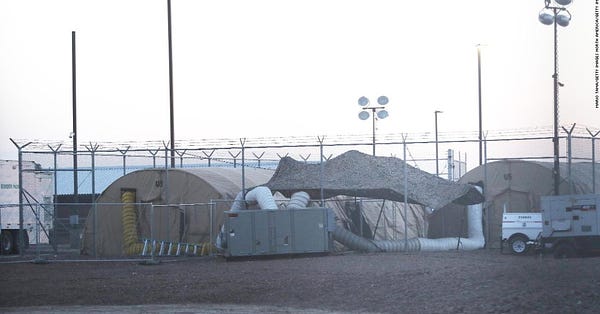Border Officials are Barring Lawyers from Getting to the Sickest Children

Last week, lawyers involved in the Flores Settlement, the agreement that sets the precedent for outlining child welfare standards in detention, filed a temporary restraining order in federal court asking a judge to force the government to allow the facilities to be inspected by public health professionals and staffed by qualified medical professionals. By Friday, U.S. District Judge Gee issued an emergency order that instructed the Trump administration to give health experts access to detention facilities holding children to assess their medical state and ensure the conditions of the facility are "safe and sanitary." Several attempts have been made by the Trump Administration to delay taking any action on providing supplies or care and the judge has now issued a deadline of July 12 to file a joint status report on their mediation efforts, including what the government has done to mitigate the extreme and unhealthy conditions described by plaintiff attorneys.
"Children are held for weeks in deplorable conditions, without access to soap, clean water, showers, clean clothing, toilets, toothbrushes, adequate nutrition or adequate sleep. The children, including infants and expectant mothers, are dirty, cold, hungry and sleep-deprived." - court filing submitted by the Center for Human Rights & Constitutional Law
When the reports of these ongoing nightmarish conditions in border detention facilities, time is a critical thing and this emergency order could be life saving. As the number of detainees continues to grow and stretch the already limited governmental resources. There have been reports of flu outbreak, the need for quarantine, severely neglected children, lack of basic hygiene supplies and people left to sleep on concrete floors. Five children have died so far in these camps while in the U.S. government’s custody. There is also information about the necessary and cruel treatment of prisoners, who are kept from sleep and food that has left many to liken these border camps to concentration camps.

While the Customs and Border Patrol refuses to comment publicly as “a matter of policy,” many are left to imagine the worst and the lawyers who have have been able to access refugees have provided some horrific details about the conditions detainees are enduring at the hands of the U.S. government. Common stories involve overcrowding and a lack of proper clothing and supplies. Others detail young mothers sleeping on concrete floors with their babies with no access to soap, toothbrushes or clean clothes for weeks at a time. Children report being starved and then punished by guards and handcuffed when they are caught with food. There are even reports that parents who had prepared and brought their own supplies, such as diapers and formula for their infants for the journey have since had those items confiscated and not replaced.


Even more alarming are the recent reports out of Texas from the Human Rights Watch U.S. Program at the Clint detention center, where lawyers were recently denied access to a “sick ward” where the most ill are supposedly being kept. If the conditions outlined above are happening within the general population of detention centers, imagine what the conditions look like in a designated sick wing. These are the most vulnerable, those who need lawyers to check on them the most and no one can get in to see them or confirm if they are being cared for or simply warehoused in a separate location.
"We asked if we could visit with children who were sick and who had been ill for a few days because our understanding was that there was an area of the facility called the 'sick area' or the 'sick ward' and so, we said we wanted to see those children. We wanted to see how those children, who are most vulnerable right now, how they are being treated and being cared for." - Nicole Austin-Hillery, Executive Director, Human Rights Watch U.S. Program
As the battle waged by William Barr over what constitutes “safe and sanitary” carries on, many are left to wonder just how bad the conditions really are. If substantiated reports reveal that the “best conditions” in the facility involve starvation, sleep deprivation and no soap, what are conditions like for those who are sick? If CBP personnel can treat women and children with such hostility and cruelty, what might be happening to those who are possibly dying? Are they seeing qualified medical professionals, so they have access to medication or proper food? Do they even have hospital beds?
Amee Vanderpool writes the “Shero and a Scholar” Newsletter and is an attorney, contributor to Playboy Magazine, analyst for BBC radio and Director of The Inanna Project. She can be reached at avanderpool@gmail.com or follow her on Twitter @girlsreallyrule.



